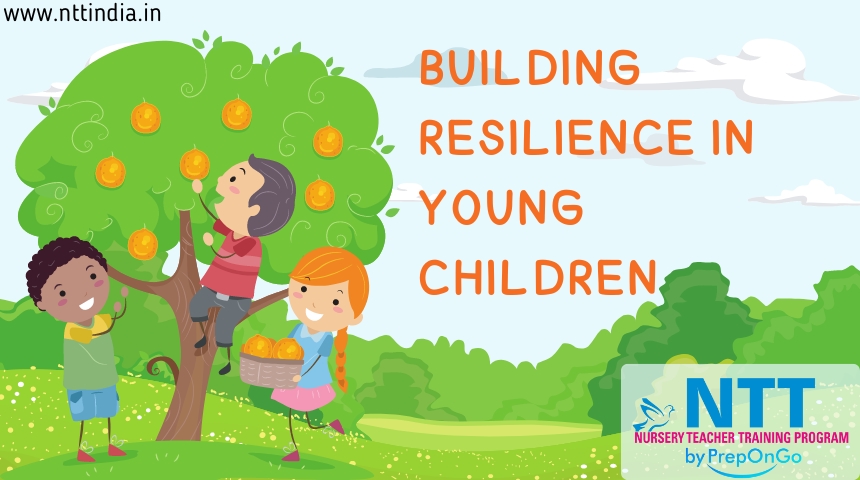Building Resilience in Young Children

Resilience is a crucial skill for young children to develop, helping them navigate challenges and bounce back from adversity. Building resilience in young children equips them with the ability to cope with stress, adapt to change, and overcome obstacles with a positive mindset. Here are some effective strategies for fostering resilience in early childhood.
Understanding Resilience
Resilience is the capacity to recover quickly from difficulties and maintain mental health despite experiencing stress or adversity. In young children, resilience involves the ability to manage emotions, maintain a positive outlook, and solve problems effectively.
Why is Resilience Important?
- Emotional Health: Resilient children are better able to handle stress and anxiety.
- Adaptability: Resilience helps children adapt to new situations and changes.
- Academic Success: Resilient children are more likely to stay motivated and perform well in school.
- Social Skills: Resilient children can build healthy relationships and navigate social challenges.
Strategies for Building Resilience in Young Children
- Foster Strong Relationships
Building strong, supportive relationships with family, caregivers, and peers provides children with a sense of security and belonging. Positive relationships are foundational for resilience.
How to Foster Strong Relationships:
- Spend quality time with your child, engaging in activities they enjoy.
- Encourage open communication and active listening.
- Show empathy and understanding of their feelings.
- Encourage Problem-Solving Skills
Teaching children problem-solving skills helps them approach challenges with confidence and creativity. Encourage them to think critically and explore different solutions.
How to Encourage Problem-Solving:
- Provide opportunities for children to make decisions and solve problems independently.
- Guide them through the problem-solving process without giving direct answers.
- Praise their efforts and celebrate small successes.
- Promote a Growth Mindset
A growth mindset is the belief that abilities and intelligence can be developed through effort and perseverance. Encouraging a growth mindset helps children view challenges as opportunities to learn and grow.
How to Promote a Growth Mindset:
- Use positive language that emphasizes effort and improvement.
- Encourage children to try new things and embrace mistakes as learning opportunities.
- Share stories of perseverance and resilience from your own experiences or famous figures.
- Teach Emotional Regulation
Helping children understand and manage their emotions is key to resilience. Teach them techniques to cope with stress and express their feelings in healthy ways.
How to Teach Emotional Regulation:
- Model healthy emotional expression and coping strategies.
- Use age-appropriate language to discuss emotions and feelings.
- Practice mindfulness and relaxation techniques, such as deep breathing or guided imagery.
- Build Self-Esteem and Confidence
Positive self-esteem and confidence are essential for resilience. Encourage children to recognize their strengths and achievements.
How to Build Self-Esteem and Confidence:
- Provide positive feedback and praise specific accomplishments.
- Encourage children to take on new challenges and responsibilities.
- Celebrate their individuality and unique qualities.
Conclusion
Building resilience in young children is a vital aspect of early childhood education and parenting. By fostering strong relationships, encouraging problem-solving skills, promoting a growth mindset, teaching emotional regulation, and building self-esteem, we can help children develop the resilience they need to thrive in the face of life’s challenges. Implementing these strategies will not only benefit their immediate well-being but also set the foundation for a successful and fulfilling future.
By focusing on building resilience in young children, we equip them with the tools they need to navigate the complexities of life with confidence and optimism.
